Gut
Opioid receptors may guide formation of gut nervous system in zebrafish
Fish lacking functional copies of the receptors have fewer enteric neurons than usual, but the findings await further validation.
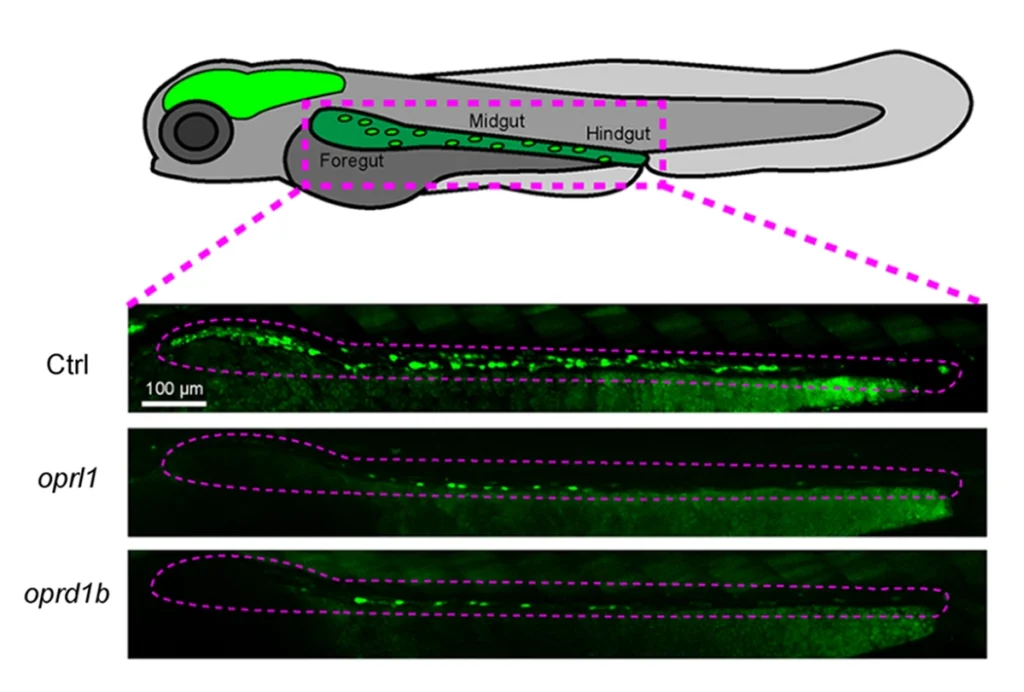
Opioid receptors may guide formation of gut nervous system in zebrafish
Fish lacking functional copies of the receptors have fewer enteric neurons than usual, but the findings await further validation.
Year in Review: Spectrum’s best in 2023
Here are five must-reads from our coverage of autism research over the past 12 months.

Year in Review: Spectrum’s best in 2023
Here are five must-reads from our coverage of autism research over the past 12 months.
Gut microbiome meta-analysis reveals consistent autism signal
But the field needs to move on from cross-sectional studies to gain insights into the causes and consequences of the association, experts say.
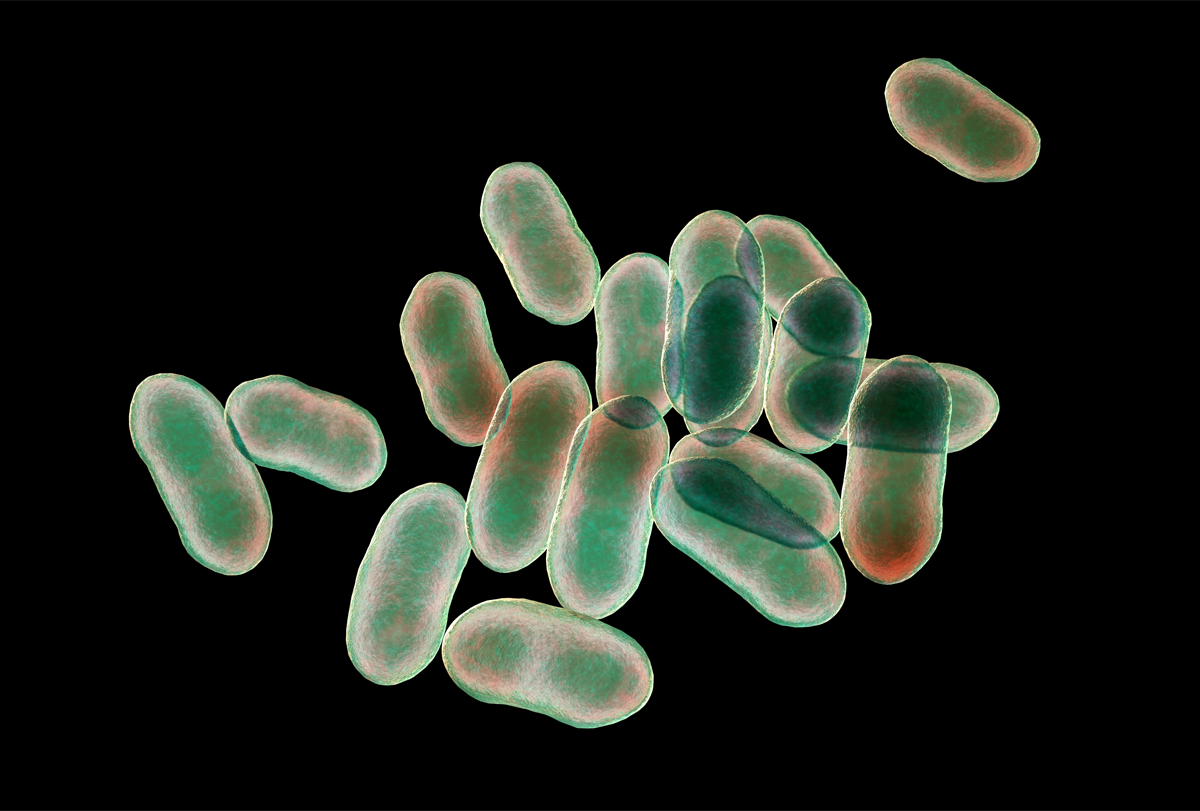
Gut microbiome meta-analysis reveals consistent autism signal
But the field needs to move on from cross-sectional studies to gain insights into the causes and consequences of the association, experts say.
Null and Noteworthy: COVID-19 conclusions; diagnosis duplication; oxytocin again
This month’s newsletter explores the pandemic’s effects on autism rates, trends in co-occurring mental health conditions, and the impact of intranasal oxytocin.

Null and Noteworthy: COVID-19 conclusions; diagnosis duplication; oxytocin again
This month’s newsletter explores the pandemic’s effects on autism rates, trends in co-occurring mental health conditions, and the impact of intranasal oxytocin.
Null and Noteworthy: Medication timing; oxytocin amounts; sensory sameness
Parents’ health, treatment dosages and sensory perception feature in this month’s crop of null and replicated results.
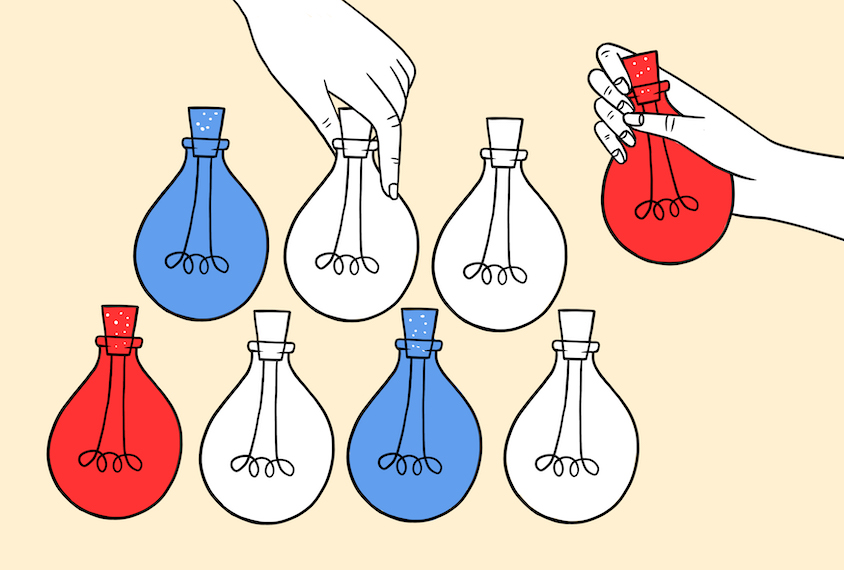
Null and Noteworthy: Medication timing; oxytocin amounts; sensory sameness
Parents’ health, treatment dosages and sensory perception feature in this month’s crop of null and replicated results.
Autism linked to inflammatory bowel disease in parents
The inflammation associated with the disease, particularly in mothers, may contribute to autism traits in children.
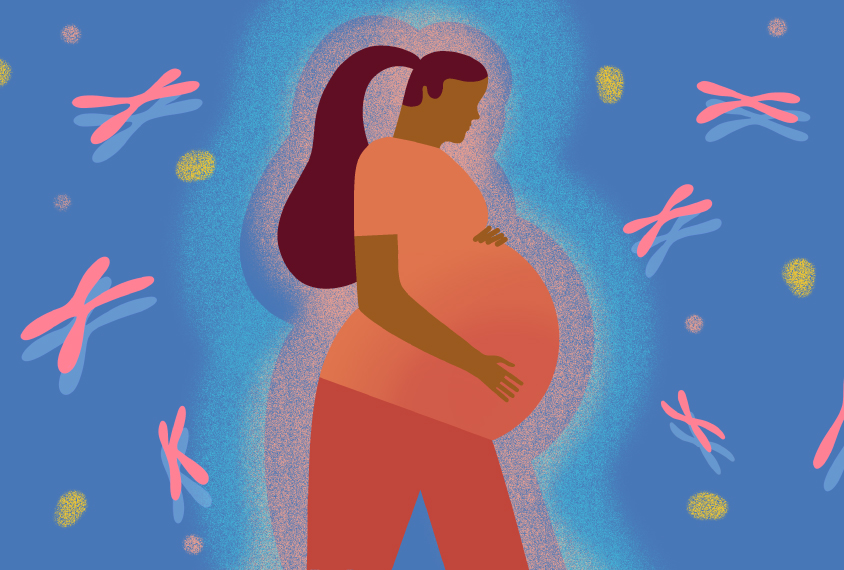
Autism linked to inflammatory bowel disease in parents
The inflammation associated with the disease, particularly in mothers, may contribute to autism traits in children.
Gut molecule linked to decreased myelination in mouse brains
Targeting the molecule, 4EPS, with an experimental drug may be a way to ease anxiety for autistic people, the researchers say. But not everyone is convinced.
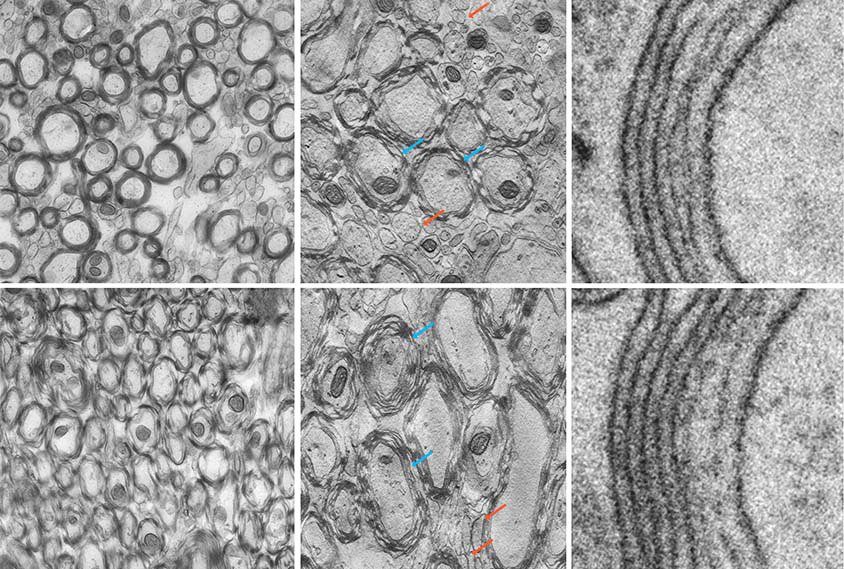
Gut molecule linked to decreased myelination in mouse brains
Targeting the molecule, 4EPS, with an experimental drug may be a way to ease anxiety for autistic people, the researchers say. But not everyone is convinced.
Infection in pregnant mice ups risk of gut problems in pups
Infection during pregnancy can tweak a mouse’s gut microbiome in ways that have lasting effects on her pups’ immune system and increase their chances of gut inflammation, a new study suggests.
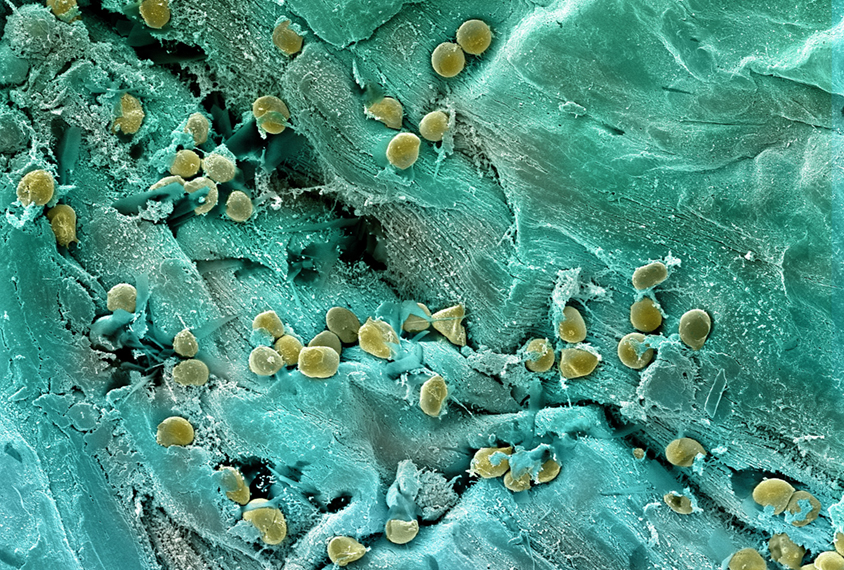
Infection in pregnant mice ups risk of gut problems in pups
Infection during pregnancy can tweak a mouse’s gut microbiome in ways that have lasting effects on her pups’ immune system and increase their chances of gut inflammation, a new study suggests.
Despite flurry of findings, doubts dog gut microbes’ role in autism
The possibility of microbial treatments for autism has inspired a burst of research and nascent clinical trials, but new research suggests these efforts rest on shaky scientific ground.
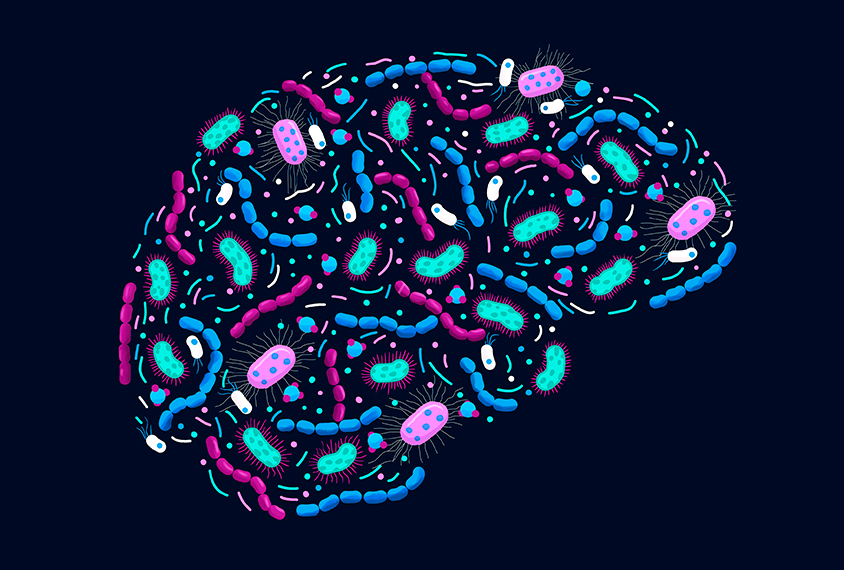
Despite flurry of findings, doubts dog gut microbes’ role in autism
The possibility of microbial treatments for autism has inspired a burst of research and nascent clinical trials, but new research suggests these efforts rest on shaky scientific ground.
New library catalogs the human gut microbiome
Researchers put hundreds of gut bacteria strains through their paces to chart the compounds each creates — and to help others explore the flora's potential contribution to autism.
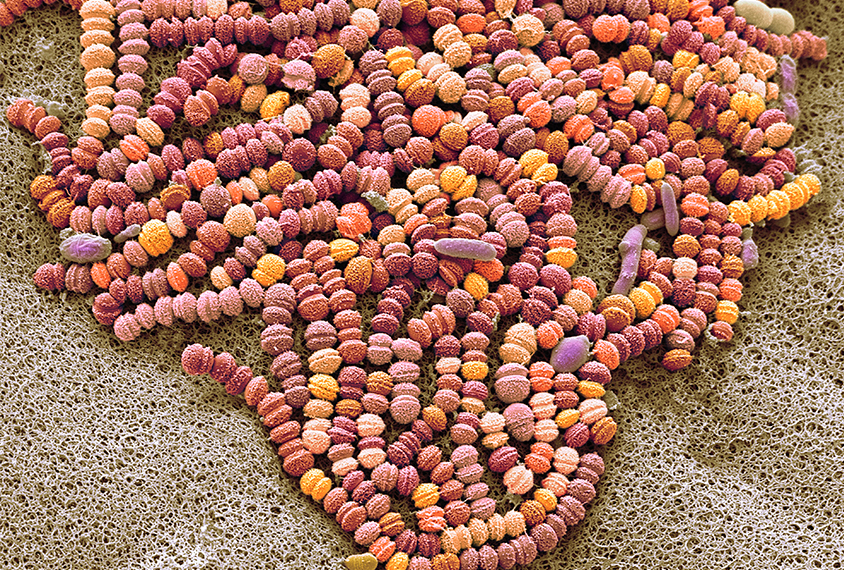
New library catalogs the human gut microbiome
Researchers put hundreds of gut bacteria strains through their paces to chart the compounds each creates — and to help others explore the flora's potential contribution to autism.
Explore more from The Transmitter
New connectomes fly beyond the brain
Researchers are mapping the neurons in Drosophila’s ventral nerve cord, where the central nervous system meets the rest of the body.

New connectomes fly beyond the brain
Researchers are mapping the neurons in Drosophila’s ventral nerve cord, where the central nervous system meets the rest of the body.
Building an autism research registry: Q&A with Tony Charman
A purpose-built database of participants who have shared genomic and behavioral data could give clinical trials a boost, Charman says.

Building an autism research registry: Q&A with Tony Charman
A purpose-built database of participants who have shared genomic and behavioral data could give clinical trials a boost, Charman says.
Cerebellar circuit may convert expected pain relief into real thing
The newly identified circuit taps into the brain’s opioid system to provide a top-down form of pain relief.

Cerebellar circuit may convert expected pain relief into real thing
The newly identified circuit taps into the brain’s opioid system to provide a top-down form of pain relief.